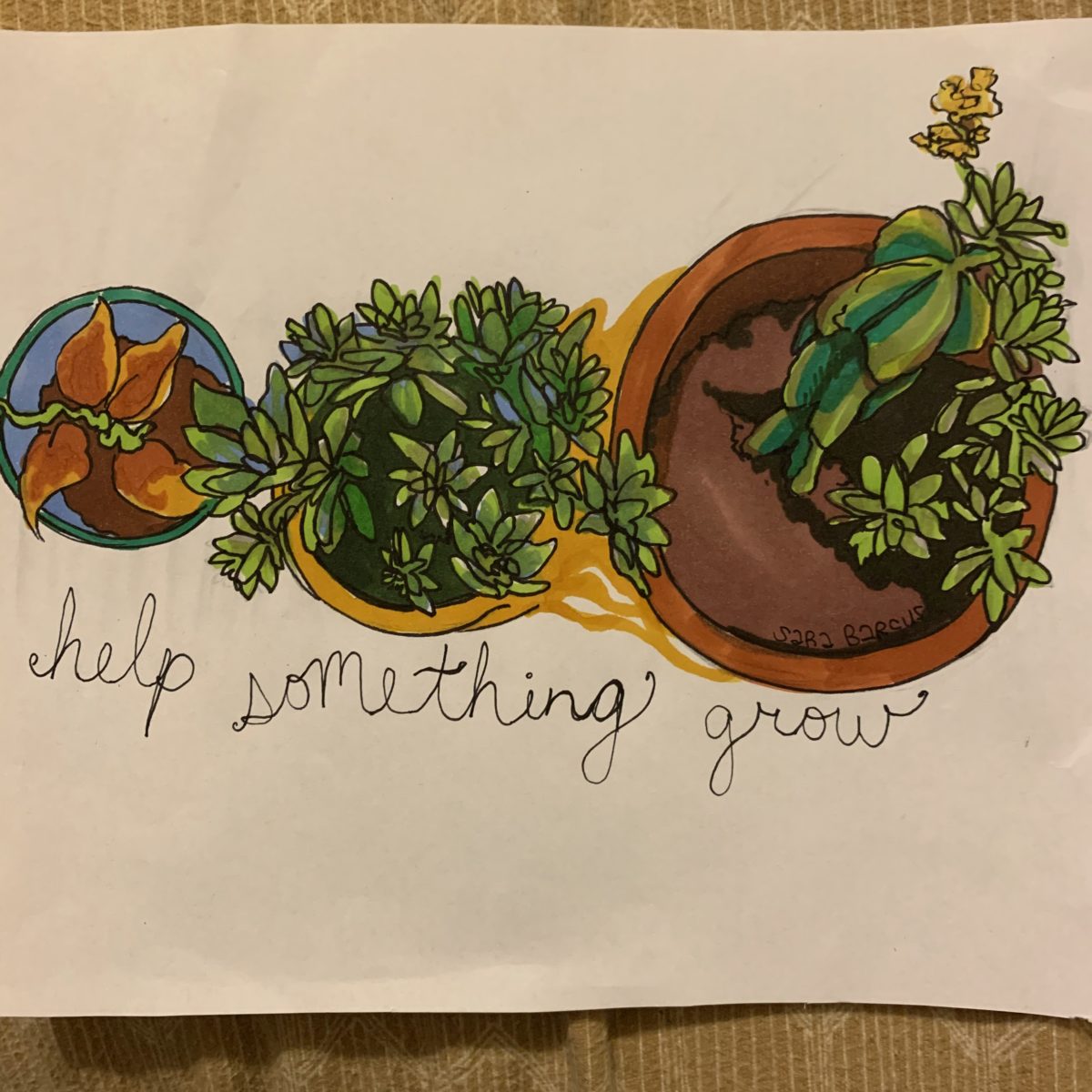This is inherently difficult for us in any high-stress situation, especially now, for two reasons:
-negativity bias: this is a cognitive bias (read more here) that alters
human perception to focus on the negatives (we are trying to assess
threats efficiently in day to day life). This particular adaptation
becomes an obstacle here because there is *so much threat to see* that
we *can’t even see* the good. We actually have to limit our view to gain
a true perspective. (Again temporarily) We have to *not look* at a
majority of the information coming in globally. We don’t entirely
ignore it; but, we can’t let it overwhelm us. We have to make room for
the good in our analysis and our lives.
-humans aren’t great with ambivalence. It’s clear from *how we use the
word* that we don’t generally appreciate its full meaning. And we
certainly don’t give it enough credit. We have falsely conflated the
respectful solemnity for loss and grief with the entirety of our
thoughts and actions surrounding a tragedy. We try so hard to make
things black and white, good and bad, respectful or joyous; that it
kills us. Literally. Hypocrisy aside, we need to understand that we are
able and allowed to be happy about things in our lives and still
maintain an undiminished sense of sorrow for this global tragedy.
